Ok never, say never. ;o) However, the truth is the way we speak to ourselves and others informs our reality. One word that is helpful to examine is “need”.
I was working with a client recently who kept saying some version of “I need to…” or “I should…” or “I have to…”.
When I asked her how it would feel to instead change the wording and offered her some options, immediately she felt a weight come off her. I could see her whole body relax and her breathing expand as if she had been holding her breath. It had not occurred to her the impact of her automatic language.
Do you often catch yourself saying phrases like “I need to,” “I should,” or “I have to”? While these might seem like innocent expressions of responsibility or obligation, they can actually have detrimental effects on your mental well-being and productivity.
The downside of using these phrases lies in the implicit pressure and guilt they impose on you. Saying “I need to” or “I should” often creates a sense of obligation, making tasks feel burdensome rather than empowering. Moreover, it can foster feelings of inadequacy or failure if you don’t meet these self-imposed expectations. Constantly telling yourself what you “have to” do can also lead to anxiety and stress, as you feel pressured to fulfill endless obligations.
Marshall Rosenberg, the founder of Nonviolent Communication speaks about the difference it made for him to think, “I have to get up early to take my children to school.” versus making the conscious choice to replace that with “I’m choosing to get up early to take my kids to school because I want to ensure the best education for them.”
That simple change transformed an onerous task that he dreaded into one that he felt a sense of pride for. Despite the specifics of the task not changing at all, his mindset around it absolutely did.
So how can you employ that same self care? Instead of being trapped in this cycle of obligation, consider reframing your mindset and language. Replace restrictive phrases with more empowering alternatives. Here’s how:
Shift to “I Choose to”: Rather than saying “I need to finish this report,” say “I choose to finish this report because it aligns with my goals.” By framing tasks as choices rather than obligations, you regain a sense of autonomy and control over your actions. And you also get connected to your why in doing it in the first place. This mindset shift can make tasks feel less burdensome and more meaningful.
Focus on “I Want to”: Instead of saying “I should go to the gym,” say “I want to go to the gym because it makes me feel strong and energized.” By emphasizing your desires and motivations, you reinforce positive intentions and increase your intrinsic motivation to complete tasks.
Practice Self-Compassion: Be gentle with yourself when setting expectations. Instead of saying “I have to be perfect,” remind yourself that it’s okay to make mistakes and that self-improvement is a journey. Replace self-criticism with self-compassion to cultivate a healthier relationship with yourself and your goals. I’m certainly not perfect about it, but when i notice I’ve used coercive language even in my own thoughts, I take it as an opportunity to reframe and even to feel proud of myself for noticing.
It might feel abnormal or even silly at first but give it a try. For the next hour or maybe even the full day, I invite you to notice when you tell yourself,
“I need to…”.
“I should…”
“I have to…”
I invite you to explore if it makes sense to change that language to something with less pressure. For example,
“I choose to…”
“I would like to…”
“I’m interested in exploring…”
“I want to be open to…”
“Someday, I’d like to…”
Or any other phrase that moves you away from the pressure of the words “need, should or have to”.. This is an experiment and there is not right or wrong. Just try it on and see how it feels. And if you want extra credit notice like Marshall Rosenberg, notice your why in making the choice.
If it feels good do it all week or longer and notice how it changes your experience.
I’d love to hear what difference it makes for you!
Look for his blog coming out soon.


